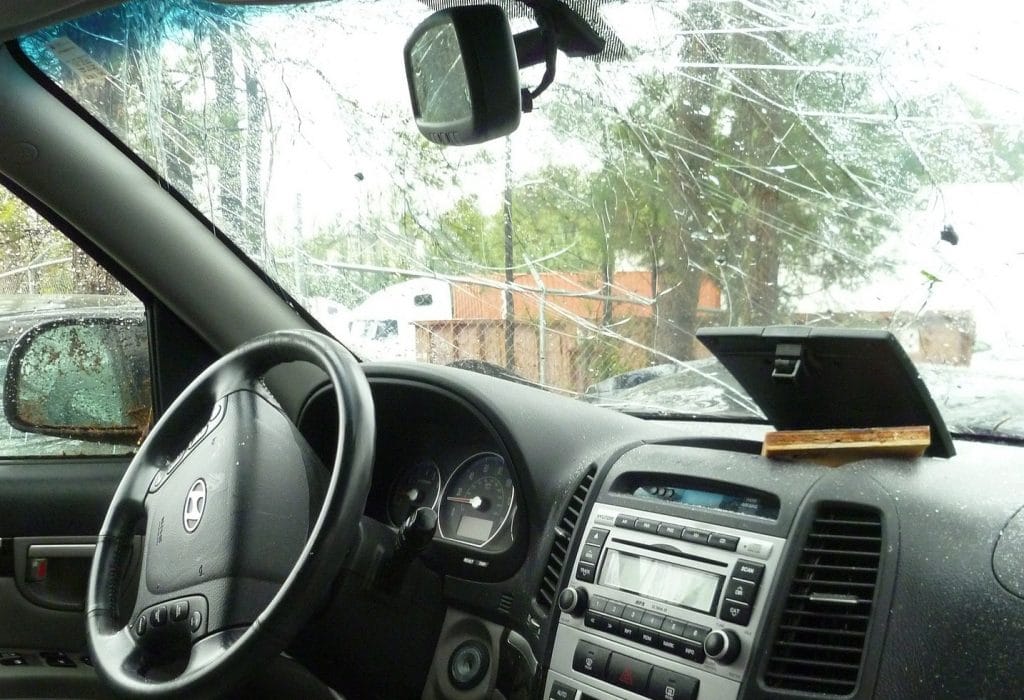Passenger Denied UM Coverage While Occupying A Rental Vehicle
Car AccidentsIn the case of Progressive American Insurance Company v. Nancy N. Pawelczyk, Case Number 2D18-1651 (Fla. 2d DCA May 15, 2019), Florida’s Second DCA held that a passenger in a rental vehicle was not insured for UM benefits because a temporary substitute auto was not considered a “covered auto” for purposes of UM under Progressive’s policy.
Look Carefully At The Policy
Ms.Pawelczyk was a passenger involved in a vehicle that was rented by her sister. The car that hit them was uninsured or underinsured (the case does not say which). Progressive paid UM benefits to Ms. Pawelczyk’s sister but denied UM coverage to Ms. Pawelczyk. Further, the reason why Ms. Pawelczyk’s sister was renting a vehicle is because her vehicle was having a new transmission installed.
The definition of “insured person” under the UM portion of the policy included the named insured, a relative (who resides in the same household), or any person occupying (but not operating) a “covered auto.” Further, for purposes of the UM portion of the policy, a “covered auto” included “any additional auto” or “any replacement auto.”
The rental vehicle was clearly not an “additional auto.” A “replacement auto” was defined as “an auto that permanently replaces an auto shown on the declarations page” (Ms. Pawelczyk’s sister’s Jeep was listed on the declarations page of her policy).
The trial judge appears to have ruled in favor of coverage for Ms. Pawelczyk, however, the Second DCA reversed and held in favor of Progressive.
Progressive Likely Is Getting An Unintended Benefit
At the end of the day, Progressive paid UM benefits for Ms. Pawelczyk’s sister but not for Ms. Pawelczyk. Had they been occupying the sister’s vehicle (rather than a rental vehicle), then Ms. Pawelczyk would have been entitled to UM benefits.
The problem with the policy (from Ms. Pawelczyk’s perspective) is that Progressive did not include a “temporary substitute auto” in the definition of “covered auto” for the UM portion of the policy. By contrast, assuming that Ms. Pawelczyk had taken over for her sister in driving the rental vehicle, then she would have been covered (both for bodily injury and UM).
It seems unfair to Ms. Pawelczyk that her UM benefits differ based on where she is sitting in the vehicle and there does not appear to be any sort of logical reason to do so other than this just the way the bean counters at Progressive decided to word the policy.
What is missing from this analysis is that Progressive likely did not intend this result but yet they still took advantage of it. There is no real business savings for an insurance company to actually want to exclude the situation involved in this case. Therefore, it seems that the Second DCA “strictly construed” the policy against the insured rather than strictly construing the policy against the insurance company as they are really supposed to do.
What the Second DCA should have held is that a temporary substitute auto is a covered auto in other parts of the policy. Therefore, the insurance company cannot exclude a temporary substitute auto from the UM portion of the policy unless there was a clear exclusion of coverage.
This would require Progressive to have demonstrated that there was some additional risk for which they were not compensated by a fair premium. This was clearly not the case because it was only a bad stroke of luck that caused Ms. Pawelczyk’s Jeep to need a transmission repair.
On the other hand, the end that the insurance company was probably trying to achieve would be that insureds cannot add vehicles to their policy without paying. The definition of “replacement auto” that requires the replacement to be “permanent” is just stupid because a permanent vehicle of any sort would be a new vehicle added to the policy for which there would be no coverage without a premium.
Likewise, anyone buying car insurance would expect the coverage for a vehicle that they rent to be identical to any vehicle that they own.
Get Help For Your Car Accident Lawsuit
It really is a jungle out there when it comes to Florida car accident lawsuits. Even if you happen to read every word of your car insurance policy on the day you buy it, it is not likely that you would have recognized how the language of the policy might not meet your expectations in what coverage it should be providing.
This is why you will need the help of a Florida car accident attorney to help you decide whether the insurance company’s denial of your auto insurance claim is justified or not. Call a car accident attorney in Lakeland, Florida for a free consultation to discuss whether your case has legal merit. Call us today to schedule your attorney consultation.


